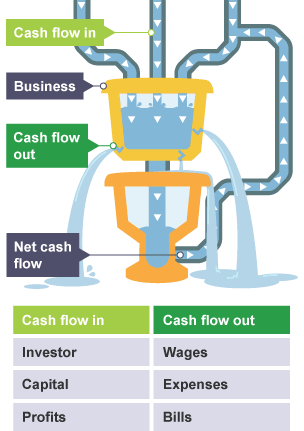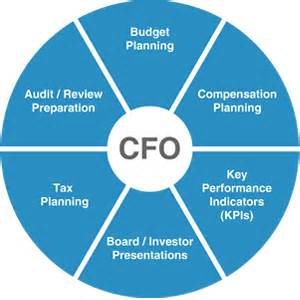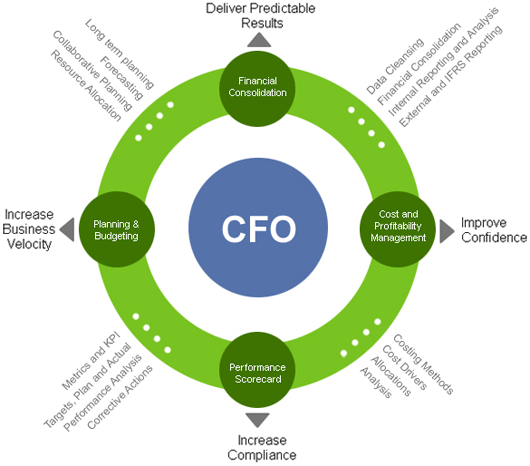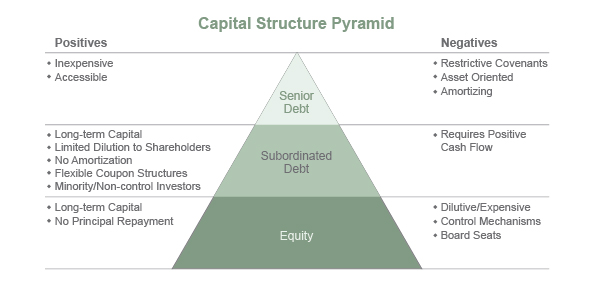- Find out why one company sells for more than another…
- The things you need to do early in the process to plan your exit;
- Why ‘exit planning’ has a lot to do with ‘running a good business’;
- How to make your business attractive to potential buyers and what they are looking for;
- How to evaluate what is important to you when selling your business;
- How to maximize your sale value and increase your multiples;
- Property, Pensions, IP, Contracts, ‘The Numbers’;
- The due diligence process and how to make it much easier for yourself.
- ‘Great’ businesses understand the potential risks and hazards which lie ahead and proactively avoid them…
- How to sleep better at night identifying major risks and building a strategy to avoid them;
- How business owners of great businesses manage their risk so they can free up head space and focus on creativity, innovation and growth;
- How a part-time CFO can conduct a full, watertight risk assessment process with you.
- Great Businesses Use Their Business Plan As A Working Document To Measure Success
- The best way to build (or redesign) your business plan so it works as a simple but effective tool for ensuring you reach your goals;
- Key elements of a great business plan and how to decide what to include and descale;
- How to set clear milestones for your implementation timetable;
- How to get your team aligned so that everyone is working towards a common goal.
- Find out how we have sourced more than $7bn in funding for our clients and how we can help you get funded fast…
- The main sources of funding available to SMBs (including advantages and disadvantages of each one);
- New funding sources which make funding available in days or weeks rather than in months or years from the application date;
- How to get independent specialist advice to walk you through the process and present your case for the best chance of success.
- Having a strategy for increasing your profit can transform your business
- Why you need a clear, measurable strategy for increasing your profit;
- The four ways to increase your profit: sell more, get customers to buy more frequently, increase prices and reduce costs;
- The main reasons for low profits and how to avoid being unprofitable.
- How to ensure you and your senior team have an optimal tax and legal strategy in place…
- The benefits of ensuring your business is optimized for tax;
- The importance of using the best tax advisors;
- The importance of using the best legal advisors.
- How to audit your business and implement an outsourcing strategy to maximize efficiency and productivity
- How to access expertise that you would otherwise not be able to afford;
- How to source talent to focus on important priority areas in your business;
- How to increase efficiency and productivity across all areas of your business.
- The importance of getting the bank on your side and the difference it can make to your business…
- Why the banks lend to some businesses but not others;
- How to secure lending from your bank;
- How to secure preferential rates and better terms from your bank;
- How a part-time CFO can manage the relationship with the bank so that you don’t have to.
- Have you put systems and controls in place across your business to allow you to accelerate your pace of growth and increase the value of your business?
- How to create systems and get fully in control of your business;
- How systems and internal controls create more headspace for the senior team
- The benefits of great systems and internal controls for making your business more efficient and more valuable.
- Get visibility of all the numbers in your business so you can make better, faster decisions
- The three key financial statements you need and why they are so important;
- How to interpret your key financial statements and use the information to drive growth;
- How to reach a place where you actually enjoy reviewing your financial statements!
- Why entrepreneurs worry so much about cash and how to break the cycle permanently
- Why cash flow is the number 1 reason businesses fail;
- How to create a cash flow management strategy to avoid running out of cash;
- How to find cash in places you may have never considered.
- Ensuring your business is fully compliant in all areas helps business owners to sleep at night… We’ll show you how to achieve this…
- How to free up headspace and sleep better at night by devising a strategy to ensure your business is always fully compliant;
- Why it can be disastrous for business owners who don’t have a compliance strategy;
- How the CFO can devise a strategy specific to your business, to ensure you always remain fully compliant.
- Your part-time or interim Controller works with you as a strategic partner dedicated to the efficient and effective running of your accounting activities. Duties include, but are not limited to:
- Managing Accounts Payable, Accounts Receivable, and payroll
- Establishing, coordinating, and administering a plan for the control of operations
- Helping you execute business plans on a daily basis
- Preparing regular financial reports for the management team
- Organizing your company for fundraising opportunities through precise forecasting
- Assisting in due diligence for your company’s capital fundraising opportunities
- Protecting your company’s assets through internal control and auditing
- Ensuring information for preparing tax returns is provided by your accounting system.
- Monitoring of, and compliance with, government regulations and economic/ social forces that effect your operations.
- Short-term projects or long-term engagements, the typical duties of a CFO include, but are not limited to:
- Targeting and accessing the best funding resources
- Valuable advice on capital fundraising negotiations
- Negotiating financing terms and conditions
- Analyzing and increasing cashflow
- Managing capital structure by optimizing debt, equity, and internal financing ratios
- Identifying opportunities for expansion and projecting future development
- Establishing achievable and meaningful milestones
- Providing precise historical financial information to your management team with strategic support to take full advantage in achieving business plans.
- Developing and documenting internal controls to protect your company and meet external audit requirements.
-
An Interim CFO is the greatest insurance policy a company owner could have when going through a transaction to sell, refinance, or acquire someone else. The CFO is oxygen to the transaction. Especially if they haven’t had to report to outside investors, a sale or merger may require a whole new level of financial reporting and accountability that most companies are not ready for.
-
When a company is out of covenant on loans or is experiencing falling revenue, an Interim CFO experienced in turnarounds can bring the expertise to instantly address the crisis. No business wants to find itself having to renegotiate with creditors, go through recapitalization or even liquidation, but an experienced CFO who’s been there before can help.
-
Are you making or losing money? An Interim Chief Financial Officer can help an owner get their hands around the business, and put good financial systems and accounting policy process procedure into place. No matter what type of company you own, you no longer need to wonder what projects are profitable.
-
When preparing for an IPO, you need to start acting like a public company, reporting according to public standards. An Interim CFO brings invaluable experience with SEC reporting to the table as you evaluate underwriters, auditors, navigate through a roadshow, launch your offering and operate publicly.
-
Private equity fund managers must be confident they were thorough in due diligence prior to completing the purchase of a company, making an investment or add-on acquisition. An Interim CFO can lead diligence or step into an acquired company to optimize processes to ensure maximum future return on investment.
-
As fast growing companies expand, the finance function must grow up as well. An Interim CFO provides strategic solutions to help navigate through growth such as SOX compliance, BPO, implementation of an ERP system, budgeting and forecasting, risk and compliance, and even finding a permanent CFO to move the company forward.




















